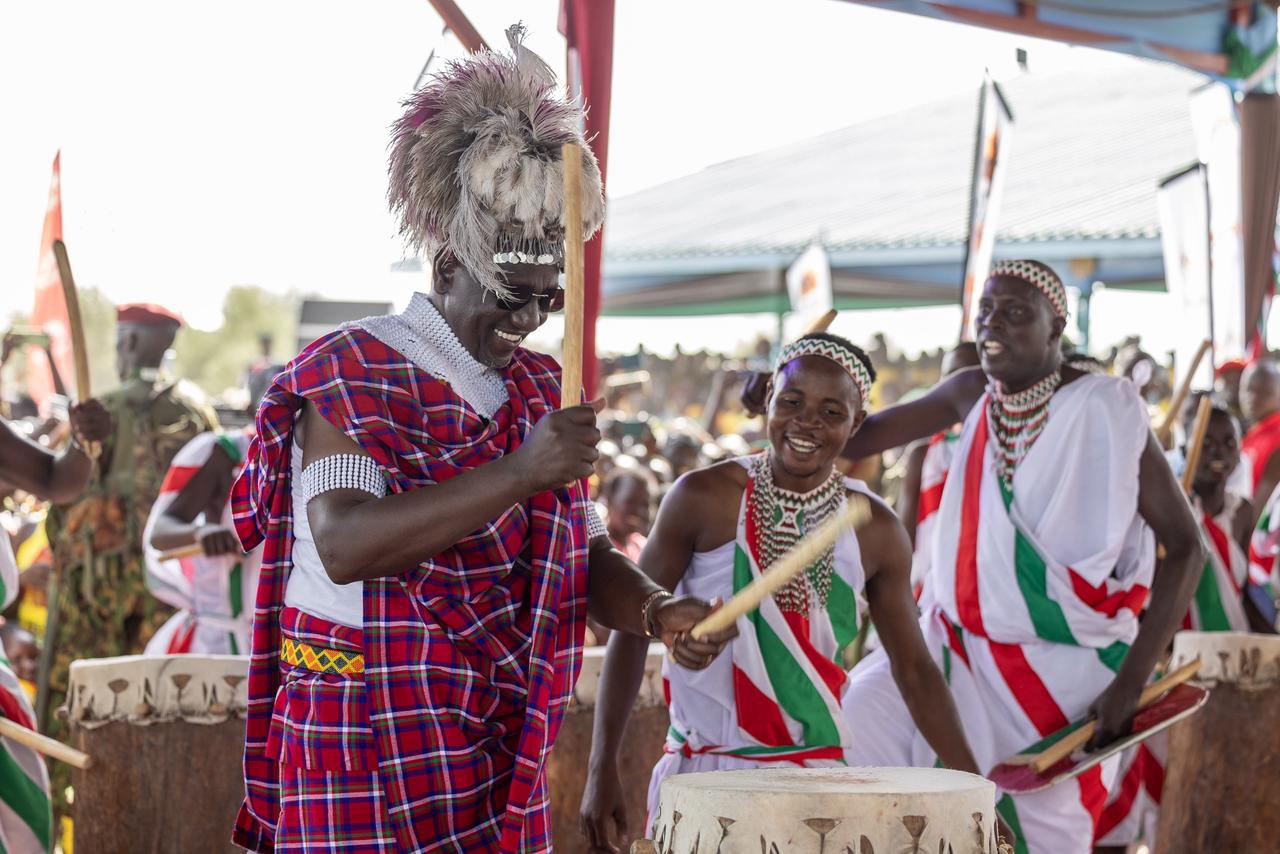World Malaria Day is an opportune moment to reflect on Kenya's journey in combating malaria and to renew our commitment to achieving a malaria-free future for our nation. Under the auspices of the Ministry of Health, Kenya has made significant strides in the fight against malaria, guided by robust policies and programmes tailored to our unique context and challenges.
The 2024 Kenya Malaria Programme and revised Kenya Malaria Policy stand as pillars of our commitment to eliminating this deadly disease. Grounded in evidence-based strategies and guided by best practices, these frameworks prioritise prevention, diagnosis and treatment, ensuring equitable access to quality healthcare services for all Kenyans.
Our efforts are aligned with Kenya's Vision 2030, which envisions a prosperous and healthy nation free from the burden of malaria.
Kenya has achieved a reduction in the prevalence of malaria by more than 50 per cent, from about 11 per cent in 2015 to six per cent in 2020. Currently, malaria accounts for 18 per cent of people seeking outpatient services, a marked drop from about 30 per cent a decade ago. We can get to zero malaria and there we must act to save lives and safeguard the health and well-being of our people.
One common lesson can be learnt from every disease that has been defeated in history: unity. When all sectors, key actors and countries move towards one common goal, we see results.
Central to our progress in the fight against malaria is the spirit of collaboration that has permeated across sectors and stakeholders. Recognising that malaria knows no boundaries and requires a multi-faceted approach, Kenya has forged key partnerships with international organisations, NGOs, academia, private sector entities and local communities.
In February, Kenya welcomed the launch of the 'Power of Everyone' malaria campaign by the Zero Malaria Campaign Coalition and supported by the Ministry of Health. This initiative embodies the collective spirit of everyone in mobilising all sectors of society to take action against malaria.
It will take each one of us to come together so we can beat this deadly disease, save millions of lives and protect the futures of our families, our communities and our country.
The government recognises the campaign initiative as a valuable tool in our arsenal to combat malaria and effect social behaviour change. By aligning with the campaign's objectives and leveraging its platforms and networks, we aim to amplify our messages on malaria prevention, early diagnosis and prompt treatment-seeking behaviour.
Through targeted interventions at the community level, including school-based education programmes, workplace initiatives and religious gatherings, we seek to instil a sense of ownership and responsibility among Kenyans in protecting themselves and their loved ones from malaria.
By mobilising individuals and communities as agents of change, we believe that the 'Power of Everyone' campaign will catalyse a shift in social norms and behaviours, leading to reduced malaria cases and ultimately, the end of malaria in Kenya.
Kenya’s collaboration with key partners and players in the malaria ecosystem such as Amref PMI, Malaria No More UK (MNMUK), Zero Malaria Campaign Coalition and Global Fund to Fight Aids, Tuberculosis, and Malaria continue to be pivotal in strengthening our health systems, procuring essential commodities, and expanding access to life-saving interventions such as insecticide-treated bed nets, artemisinin-based combination therapies and rapid diagnostic tests.
Domestically, partnerships with civil society organisations, community health workers and grassroots movements have been invaluable in reaching remote and underserved populations with malaria prevention and treatment services.
By engaging local leaders, leveraging community networks and promoting health education, these partnerships have empowered communities to take ownership of their health and contribute to malaria control efforts at the grassroots level.
Malaria remains a significant health concern in many parts of Kenya, including Kisumu county and its environs. Running parallel to the Power of Everyone campaign is the 2023-2024 Mass Net Distribution Campaign that was launched in November last year in Homa Bay county.
The campaign is set to cover 22 high malaria-burden counties with a goal of distributing 15.3 million Long Lasting Insecticide-Treated Nets to approximately 23 million people. The primary goal of the campaign is to provide essential protection to vulnerable populations, ensuring that every high-risk malaria region has access to LLINs.
At present, the malaria burden in Kisumu county stands at 15.6 per cent with an average positivity rate of 25 per cent. Compared to prior years when the positive rate exceeded 40 per cent and the prevalence was 27 per cent, representing an improvement (KMIS 2015).
This is attributed to the various preventive and curative strategies that have been put in place to combat the disease. Social Behaviour Communication has further contributed to positive practices in embracing malaria interventions amongst community members. This includes interpersonal and mass communication campaigns.
The role of stakeholders in supporting the malaria programme cannot be underestimated. Their contribution in terms of technical and logistical support has in a great way supported the malaria programme.
Looking ahead, Kenya remains steadfast in its commitment to achieving malaria elimination by 2030. Building on the momentum generated by our collective efforts, we will continue to prioritise innovation, evidence-based strategies, and community engagement to drive progress towards this ambitious goal.
To realise our vision of a malaria-free Kenya, sustained investment, political commitment and international solidarity are imperative. As we commemorate World Malaria Day, let us reaffirm our resolve to work together, across borders and sectors, to end malaria in Kenya and create a healthier, more prosperous future for all.
Health CECM, Kisumu county
















